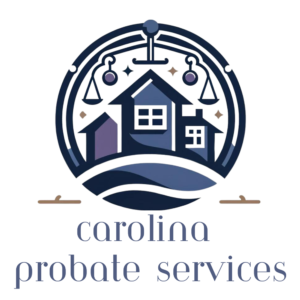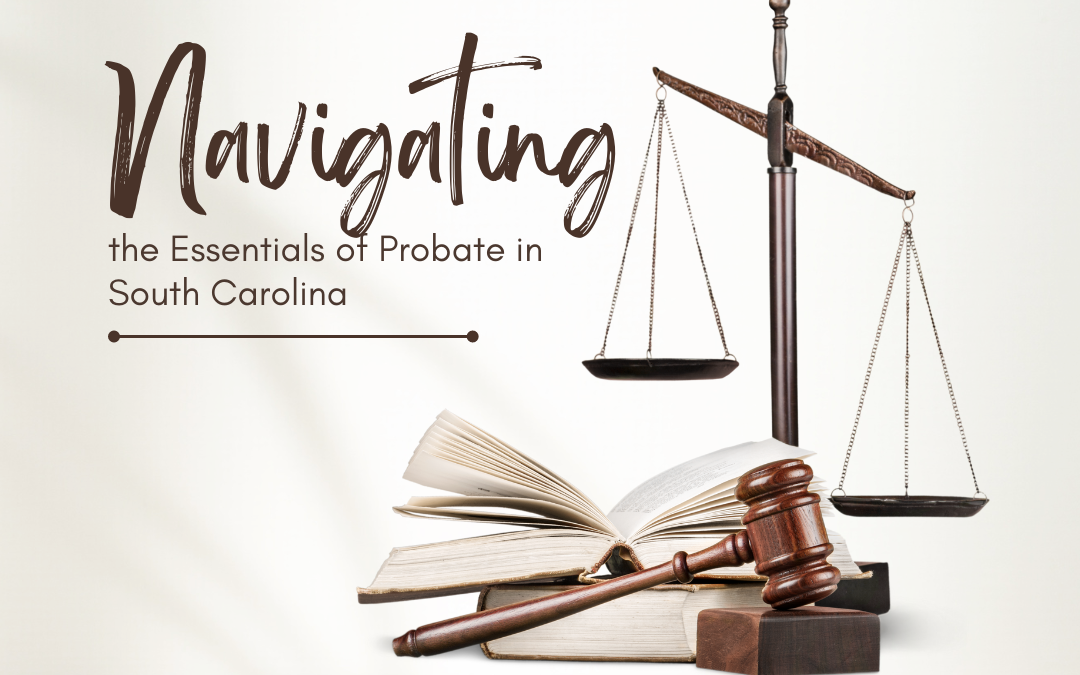When a loved one passes away, dealing with their estate can be a daunting task, especially when it involves the legal process known as probate. In South Carolina, understanding the basics of probate is crucial for smoothly managing and distributing the deceased’s assets according to their wishes or the law.
What is Probate?
Probate is the legal process that ensures the proper distribution of a deceased person’s assets. In South Carolina, this involves validating their will, paying off any debts, and ensuring that the remaining assets are distributed to the rightful heirs.
The Probate Process in South Carolina
The process begins when the executor named in the will, or an appointed administrator if there is no will, files a petition with the probate court. South Carolina law requires that probate proceedings begin within a specific timeframe after the individual’s death, so prompt action is necessary.
Once the court validates the will and appoints the executor, they must take inventory of the deceased’s assets, pay off debts and taxes, and distribute the remaining assets. This process can take anywhere from a few months to a few years, depending on the complexity of the estate and whether there are any disputes.
Do All Assets Go Through Probate?
Not all assets require probate in South Carolina. For example, assets owned jointly or those that have designated beneficiaries, such as life insurance policies or retirement accounts, typically bypass the probate process. It’s important to understand which assets fall into these categories to streamline the estate settlement process.
Navigating Challenges
Probate can be complex, and disputes among heirs or challenges to the will can prolong the process. It’s advisable to seek guidance from a legal professional who understands South Carolina’s probate laws to navigate these challenges efficiently.
Understanding the basics of probate in South Carolina is the first step in ensuring a smooth transition of assets after a loved one’s passing. By preparing ahead of time and seeking professional advice, you can simplify this complex process and honor the wishes of the deceased with respect and dignity.
Please note that I am not a licensed attorney, nor do I possess legal qualifications. The content provided here, including all suggestions, insights, and references, is for informational purposes only and should not be considered legal advice. Legal situations vary greatly, and laws change frequently; therefore, it’s important to consult with a licensed attorney or legal professional for advice regarding your specific circumstances or any legal matters you may be dealing with. This content is not intended to create, and receipt or viewing does not constitute, an attorney-client relationship.

